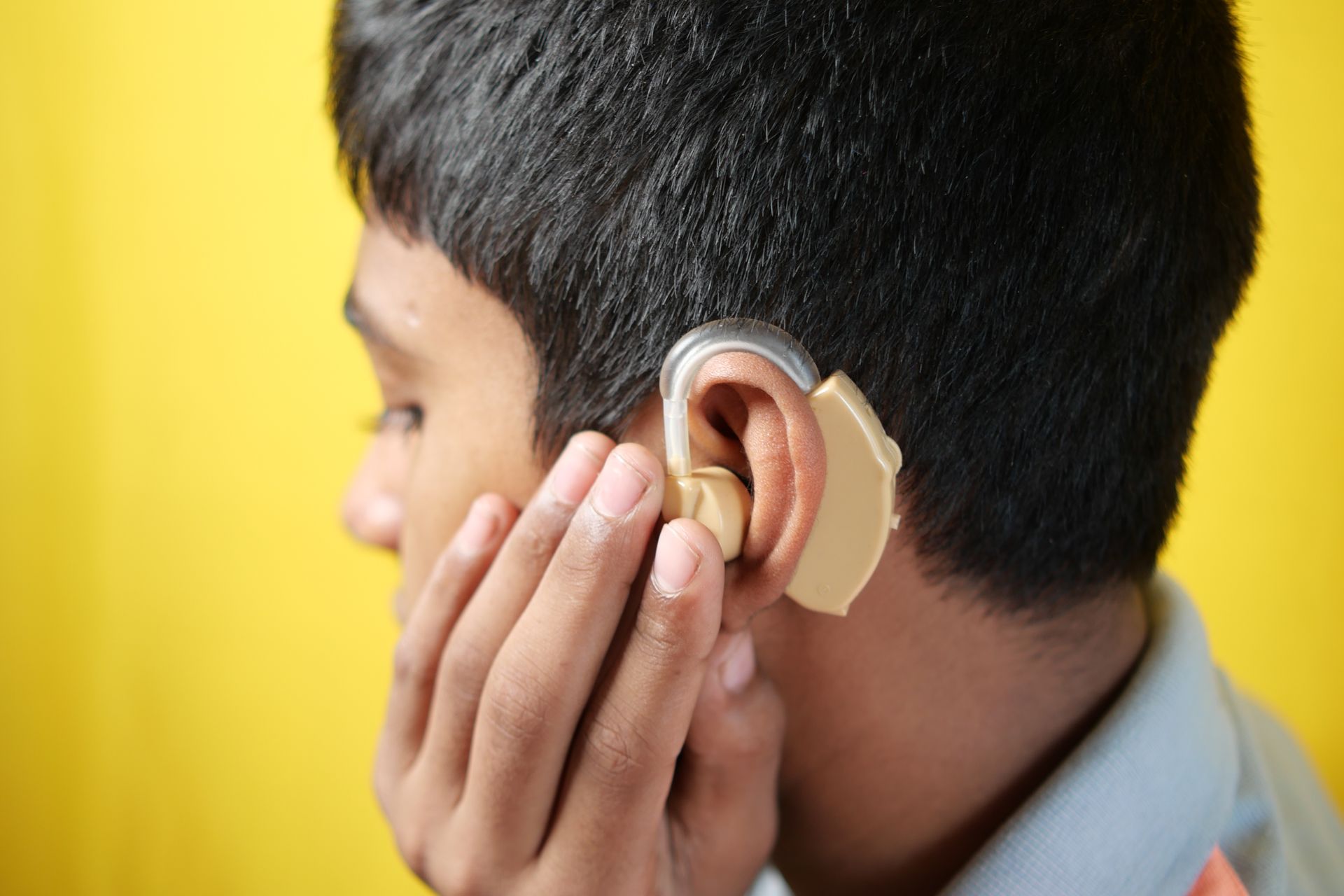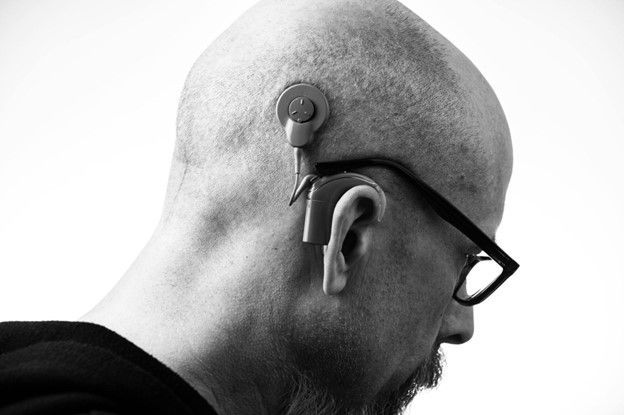How to Get Your Voice Back
Have you lost your voice recently? When you try to speak, does your throat feel hoarse, raw, or tickled? Are you trying to get your voice back? This article provides possible treatments to help you go back to speaking like always. Keep reading to learn more.
What Is Laryngitis?
Most people lose their voices when their voice box is inflamed or irritated. This condition is referred to as laryngitis. Your voice box could become inflamed due to overuse, irritation, or infection. If you’ve been talking or shouting a lot, exposed yourself to smoke and pollution, or are just recovering from viral fever, your voice box is likely inflamed and thus it’s difficult for you to speak.
Laryngitis can be both acute (short-term) or chronic (long-term). In some cases, it’s possible to manage symptoms of laryngitis using home remedies. However, if your symptoms last longer than two weeks, we recommend consulting a doctor.
How Can You Get Your Voice Back?
In some cases, you will get your voice back within a week or so. Incorporating self-care measures such as drinking plenty of fluids, not straining your vocal cords, and getting sufficient rest can help restore your voice to normal as well.
However, when these remedies don’t work and your voice doesn’t return even after a week, visit a healthcare professional. They could recommend some of the following treatments:
Antibiotics
If a bacterial infection inflames or irritates your voice box, your doctor could prescribe antibiotics to help combat the infection. However, if the inflammation is due to a virus, then antibiotics aren’t of much use.
Corticosteroids
While corticosteroids can help reduce inflammation in the vocal cords, they are typically only used to treat pressing cases of laryngitis. Talk to your doctor if you need your voice back urgently, and let them determine if corticosteroids could benefit your condition.
Voice Therapy
In the case of chronic laryngitis, you may have to undergo speech therapy, where an experienced therapist guides you on how to reduce behavioral strains on your vocal cords and care for them in the long run.
Lifestyle Changes
Incorporating some home remedies into your routine can help prevent and treat your voice loss. Breathe moist air as frequently as possible. You can use a humidifier at your workplace or take a hot shower to moisten and soothe your vocal cords.
Drink lots of water and other fluids to hydrate your throat. However, avoid alcohol and caffeine as they can dry your throat, making it harder for you to speak. Avoid straining your vocal cords by talking, singing, or shouting. While whispering might seem like a good idea, it can make your laryngitis worse. It can strain your vocal cords and make it harder for you to talk.
If you don’t get your voice back for two weeks or longer, consult a healthcare professional. They can help determine any underlying causes for your condition. Reach out to our experts at ENT Medical and Surgical Group to learn more about getting your voice back. We offer cutting-edge treatments for ear, nose, and throat problems to patients in New Haven, North Haven, Westbrook, and Branford, Connecticut. You can book an appointment with our ENT specialists, who can advise and treat any issues with your voice. If you have further questions about our services, contact us online!













